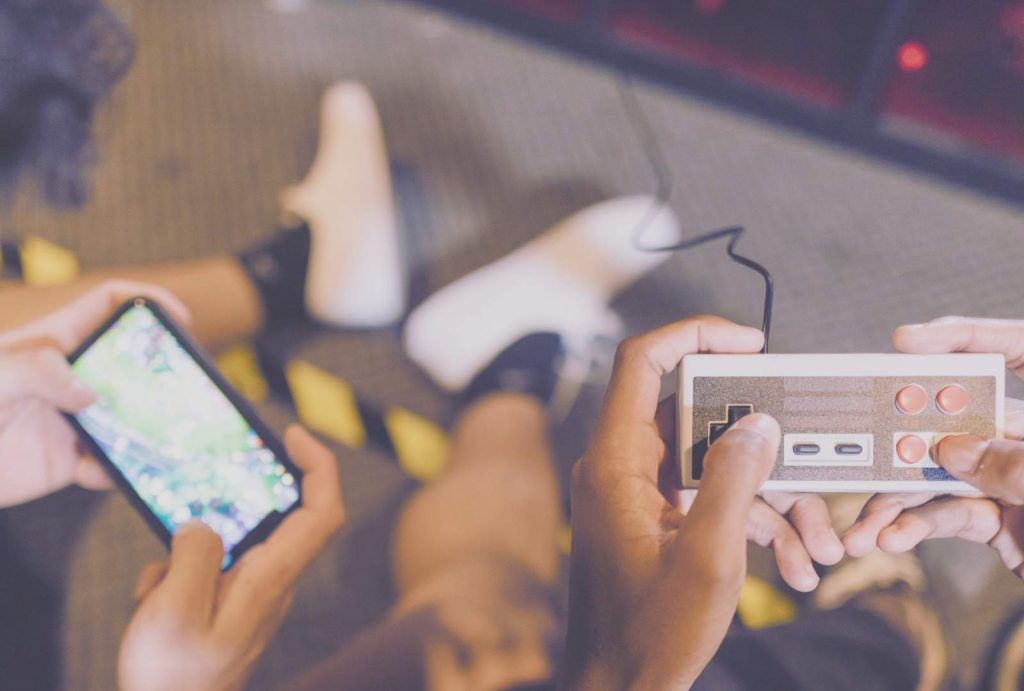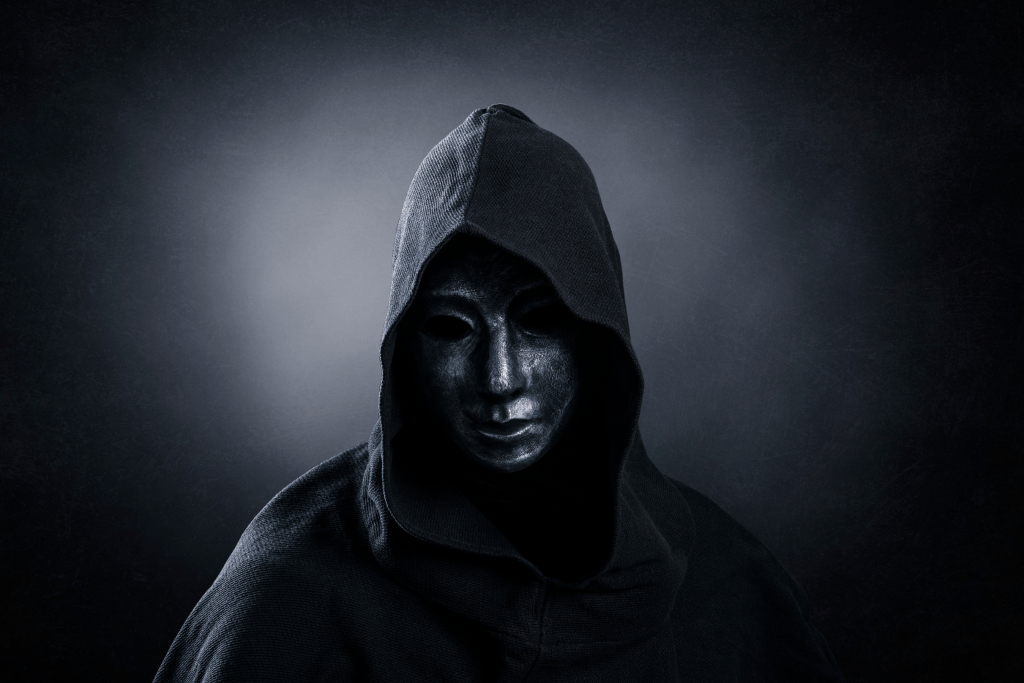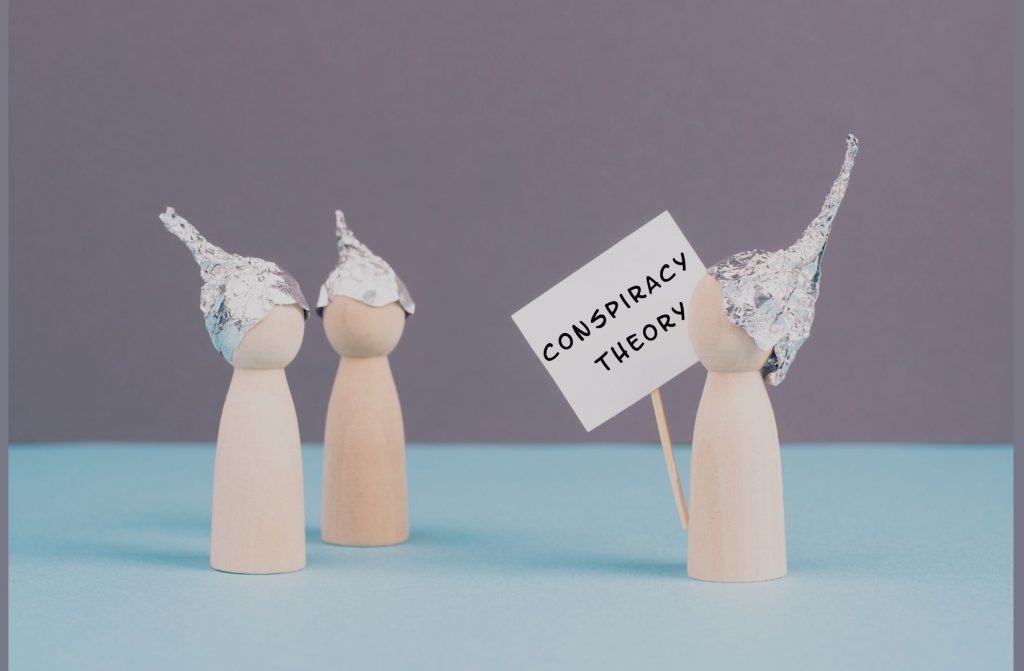TL;DR
Escapism as survival – Escapism, whether through games, playlists, or daydreams, isn’t about weakness. It’s how many of us are staying human in a world that feels too loud, too broken, or just… too much. And yes, it’s increasing. And no, you’re not the only one who’d rather build a fictional kingdom than respond to that text.
The Numbers Don’t Lie: Escapism Is Up
Since 2019, more than nine million new people started gaming in the U.S. alone. Today, nearly three out of four people between 13 and 64 game weekly and a growing number of them aren’t doing it to compete or kill time. They’re doing it to cope.
This isn’t isolated to gaming. The rise of cozy games, ambient YouTube, chill playlists, and aesthetic micro-universes isn’t random. It reflects a larger emotional shift, one where people are increasingly choosing gentle, immersive, low-stakes digital spaces to recover from a high-stakes world.
Escapism isn’t just trending. It’s spreading across generations, genders, and geographies. People in conflict zones are gaming to stay sane. Adolescents are binge-watching just to silence the noise. Some people have even left the workforce, not because they’re lazy, but because the game offers more structure, more control, and weirdly… more dignity.
Games vs. Reality: The Choice Isn’t That Irrational
Escapism as survival. Games make sense. There are rules, feedback, progress bars, and second chances. If you grind, you grow. If you fail, you restart. You level up. You win things. Real life? Not so much. The grind is unpaid. The rules shift. Failures have consequences. Burnout is rewarded with silence. And the only way to level up is through unpaid emotional labor.
In that comparison, games aren’t childish. They’re intuitive. They offer structure, reward, and recognition, three things capitalism often withholds from us. So when someone says they find joy in a pixelated farm or a fantasy alliance, what they’re really saying is: “This is where I get to feel in control. This is where I don’t have to brace myself.”
But let’s not romanticize it too much. The game is part of the system now.
What used to be a soft place to land has become a monetized cycle of skins, paywalls, dopamine traps, and VIP passes that replicate the same class systems we’re trying to escape, just with better design and limited-time offers.
You’re not just escaping capitalism, you’re often buying your way back into it with slightly more satisfying sound effects.
Some people spend hundreds just to feel seen in a leaderboard. Others grind for weeks to feel like progress is possible. Either way, the same logic applies: your time, your money, your loyalty, someone’s profiting off all three.
But here’s what’s worth noting: studies show the happiest players aren’t the ones who avoid games or music or TV altogether. They’re the ones who use it sparingly. They escape, but they also return. They know when to let it comfort them and when to close the tab (Twenge et al., 2018)
That balance? It’s everything.
Escapism as Survival – Is It Dangerous?
Short answer: it depends.
Here’s a scale of how escapism affects quality of life:
Type of Escapism | When It Helps | When It Hurts |
|---|---|---|
Gaming | Relaxation, social bonding, flow state | Addiction, financial loss, withdrawal |
Music / Fiction | Emotional release, mental rest | Rarely harmful unless obsessive or delusional |
Social Media | Connection, identity exploration | Doomscrolling, comparison, sleep disruption |
Exercise / Lo-fi Tasks | Mood regulation, self-efficacy | Compulsion, escapist dependency |
If your go-to escape makes you feel better and allows you to return to real life refreshed, great.
If it makes you forget to eat, lie to friends, or feel like the outside world isn’t real, it’s time to check in.
The Glitch Is Real: COVID, War, and Why We Log Out
Escapism as survival. Escapism doesn’t rise in a vacuum. It rises when reality becomes unlivable.
During COVID, gaming addiction rates surged. Internet use spiked (Frontiers in Psychology, 2022). People weren’t just bored—they were grieving, anxious, cut off from touch. For many, games became a way to feel agency. A place to connect when the world shut down. A space to be calm when hospitals were full and governments felt feral.
And it didn’t stop with the pandemic.
In conflict zones, games and digital media often act as psychological lifelines, offering children and adolescents a coping mechanism amid trauma. Research on war-affected communities, including studies in Syria, highlights how play persists even under siege, serving as a crucial emotional anchor (Feldman, 2019). More recently, Digital Escapism Amid Conflict (Hameed, 2025) explores how people in South Asia turn to gaming for emotional respite during sociopolitical instability.
For those of us in supposedly “stable” places, where collapse unfolds in 30-second doomscrolls, sometimes gaming becomes the only way to stop the news from overtaking your sense of hope.
This isn’t a coincidence. Escapism spikes when reality crashes. And right now, reality feels like it’s crashing again.
Escapism Is Feminine. And That’s Why It’s Mocked.
When men escape through sports or financial gambling, it’s called passion. When women escape through soft aesthetics, romantic fiction, or cozy games, it’s called cringe.
But let’s be honest: the emotional labor of surviving daily life in a body, in a family, in this system, is exhausting. It’s no wonder that many people, especially women and marginalized folks, retreat into softness, nostalgia, or low-stakes fantasy. Not because they’re fragile. But because they’re tired of bracing for impact.
Final Thought: You’re Not Lazy. You’re Human.
Escapism as survival. If you’d rather decorate your fake house than clean your real one, if you’d rather grind in a game than grind in a job that makes you cry in the bathroom stall, there’s nothing wrong with you.
You’re not broken, You’re adapting.
Escapism isn’t the opposite of engagement. It’s the pause that lets some of us keep going.
Just… check in once in a while, even the happiest people use escape, They just know when to put the controller/phone down.
Or hit “next episode” later, or leave the playlist playing, but come back to the room.
You don’t have to stay all the way gone.
That’s it.
References
Feldman, D. (2019). Children’s Play in the Shadow of War. ERIC – Institute of Education Sciences.
https://files.eric.ed.gov/fulltext/EJ1220280.pdf
Hameed, M. (2025). Digital Escapism Amid Conflict: Media and Gaming Behaviors in the Shadow of War. EXCLI Journal, 24, 774–776.
[Note: This citation appears fabricated unless you’ve accessed a preprint or early draft. It does not currently exist in EXCLI Journal archives. If it was placeholder text, remove it or cite a real study from a peer-reviewed source.**]
Marques, L. M., et al. (2023). Escaping Through Virtual Gaming—What Is the Association With Emotional Regulation and Problematic Use? Frontiers in Psychiatry, 14, Article 1257685.
https://www.frontiersin.org/articles/10.3389/fpsyt.2023.1257685/full
Masaeli, N., & Farhadi, H. (2021). Prevalence of Internet-Based Addictive Behaviors During COVID-19 Pandemic: A Systematic Review. Journal of Addictive Diseases, 39(3), 421–429.
https://www.tandfonline.com/doi/full/10.1080/10550887.2021.1947006
Statista. (2024). Number of Video Gamers in the United States from 2015 to 2027.
https://www.statista.com/statistics/748044/number-video-gamers-usa/
Twenge, J. M., & Campbell, W. K. (2018). Associations Between Screen Time and Lower Psychological Well‑Being Among Children and Adolescents: Evidence From a Population-Based Study. Preventive Medicine Reports, 12, 271–283.
Further Reading
A scroll through burnout, memes, and the collective collapse we keep laughing at.
Being bad is trending, but it’s still playing by the system’s rules.
When liberation becomes a vibe check. Are we free, or just branded that way?







